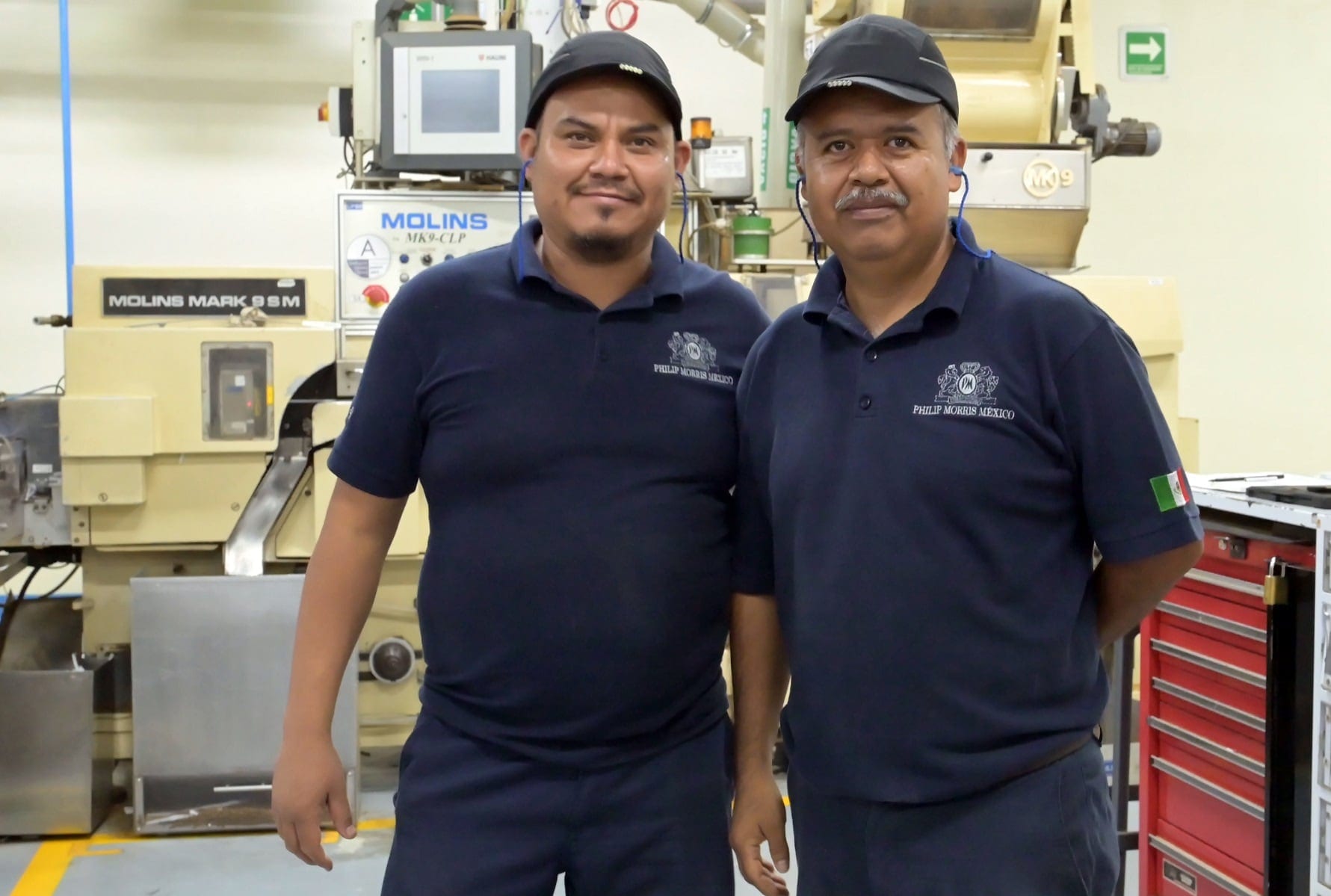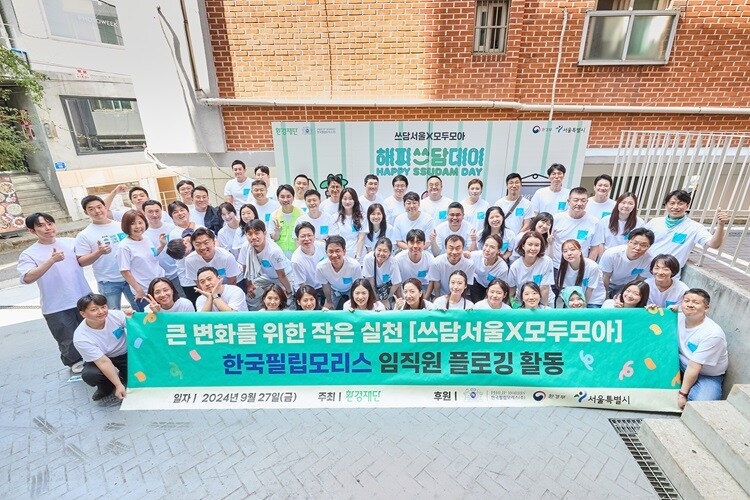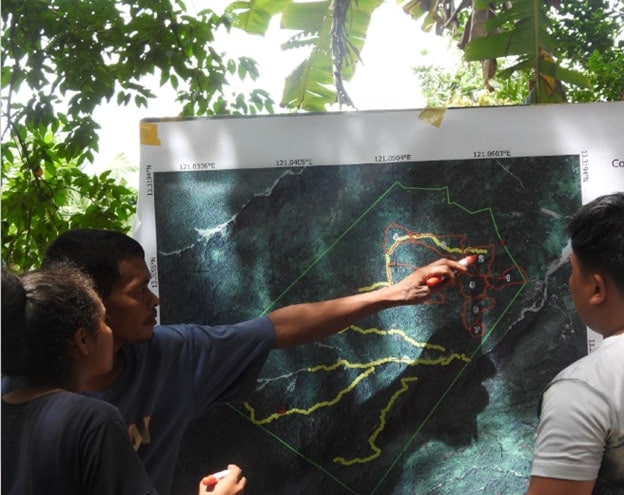Philip Morris Mexico (PMM) is one of Philip Morris International’s (PMI’s) complex manufacturing and logistics hubs. It oversees 24 production linkups—coordinating various processes, stakeholders, and teams to ensure that all parts of the production process are aligned and working efficiently; partners with 16 export markets, and is navigating a shifting product portfolio. In this context, PMM is a site where energy efficiency and emissions reductions are mission-critical.
PMM is committed to advancing PMI’s global ambition to achieve carbon neutrality in its direct operations (Scopes 1 and 2) by 2025. Globally, PMI’s efforts to achieve its climate targets are outlined by our Low Carbon Transition Plan. The Plan is anchored in two strategic programs: Drive 4 Zero (D40) and Zero Carbon Tech (ZCT), which our Integrated Report 2024 covers in detail. Together, D40 and ZCT initiatives are modernizing PMI’s infrastructure globally and locally, improving energy performance, and further reducing our carbon footprint.
D40 serves as PMI’s global framework for reducing emissions across manufacturing, while ZCT focuses on deploying advanced technologies that enhance energy efficiency and support the shift to renewable energy with the goal of improving and building resilience along PMI processes.
PMM’s decarbonization efforts include implementing new technology, upgrading boilers, transforming distribution, and engaging with local authorities—showing what it means to make tangible climate action a reality across its manufacturing and distribution footprint.
Here’s how:
Manufacturing: Making carbon neutrality operational—reduce, switch, compensate
PMM’s factory in Guadalajara is one of the most complex factories in PMI’s network. The site continues to handle a wide array of SKUs (almost 400) across more than 16 markets, making efficiency essential. Over the last eight years, PMM has invested more than USD $10 million to reduce emissions and improve energy performance, targeting all three pillars of PMI’s global decarbonization strategy: Reduce, switch and compensate.
Reduce:
PMM has upgraded a range of technologies to reduce energy consumption. High-efficiency compressors, vacuum pumps, chillers, and an adiabatic system help lower baseline demand. Through the GEMT (Global Energy Monitoring and Targeting) system, the site now monitors energy use in real time at the linkup level, enabling teams to quickly identify and correct inefficiencies.
Compressors, for example—once operated at higher pressure than needed—have been optimized to reduce waste without impacting performance. And the best news? These improvements didn’t require new capital investment; they delivered gains solely through better use of existing assets. Specifically, we have reduced the working pressure of the compressors by more than 10 percent, optimizing the use of energy while providing the needed compressed air.
“Our goal isn’t only to produce or distribute energy more efficiently—it’s to reduce emissions at the point of consumption, where the real gains are made. That’s a challenge of decarbonization, because it requires behavioral change and precision at every step,” explained Gaston Fernandez Delpech, Engineering Manager at PMI’s Guadalajara factory. “It may be hard, but it’s also very impactful, because it’s where the meaningful, lasting impact happens—on emissions, on performance, and on culture.”
Switch:
Solar Energy: In 2024, PMM installed solar panels covering 2,000 m² (21,500 square feet) over the parking lot that account for approximately 4 percent (838 MWh) of the site’s electricity use. The panels generate an estimated USD 120,000 in annual savings with a projected payback of under two years. Because the site operates as a high-voltage facility, local policies for generating such a high level of renewable energy have not yet been developed, limiting how much solar the factory could initially install. Rather than abandoning the project, the team opted to start with a partial rollout, while preparing a mid-term plan to pursue policy updates and new expansion pathways—including the use of off-site land for future solar development.
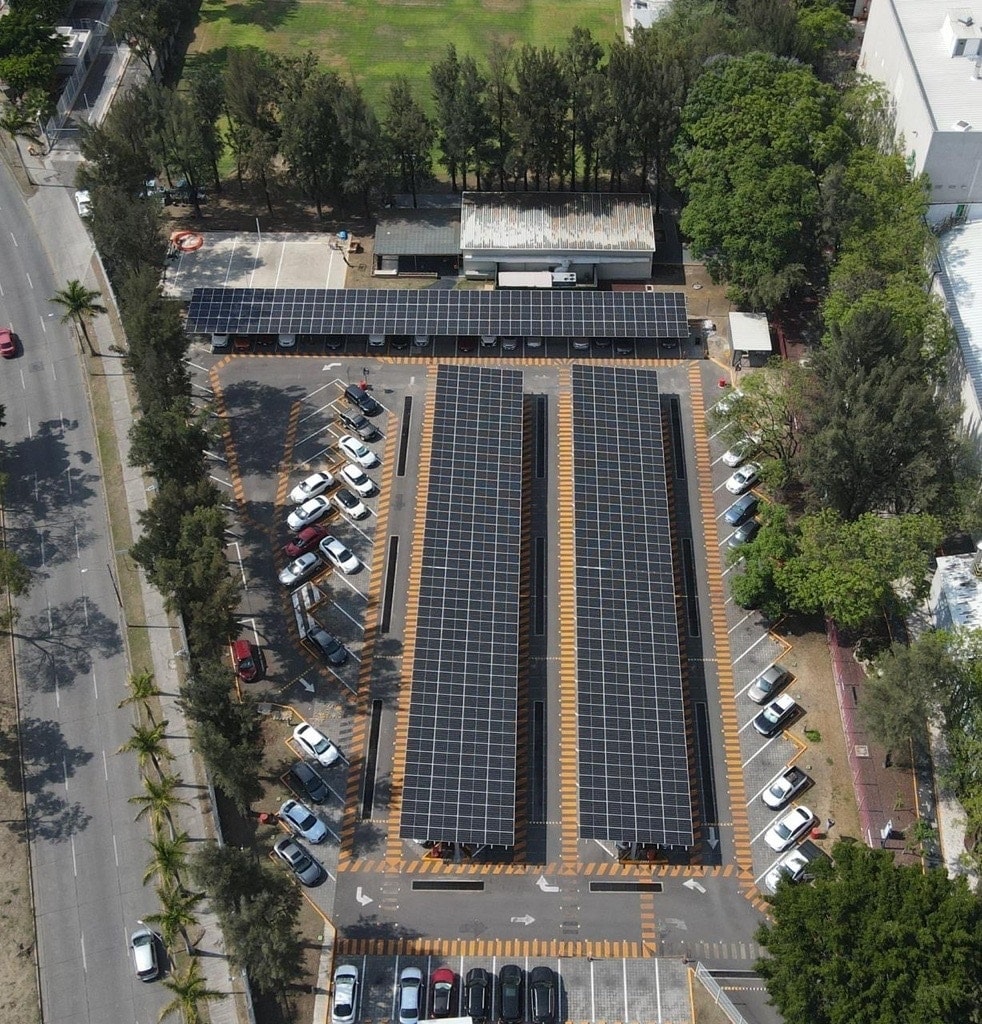
Biomass boilers: Simultaneously, PMM also began transitioning from a gas to a biomass boiler in 2019—the plan being to reduce fossil fuel use and lower emissions. Unlike gas boilers, biomass boilers burn organic material—such as wood chips—to generate steam. While early challenges with fuel quality arose, especially during the rainy season when excessive humidity made it harder to generate stable energy, improved supplier coordination and on-site controls helped stabilize performance.
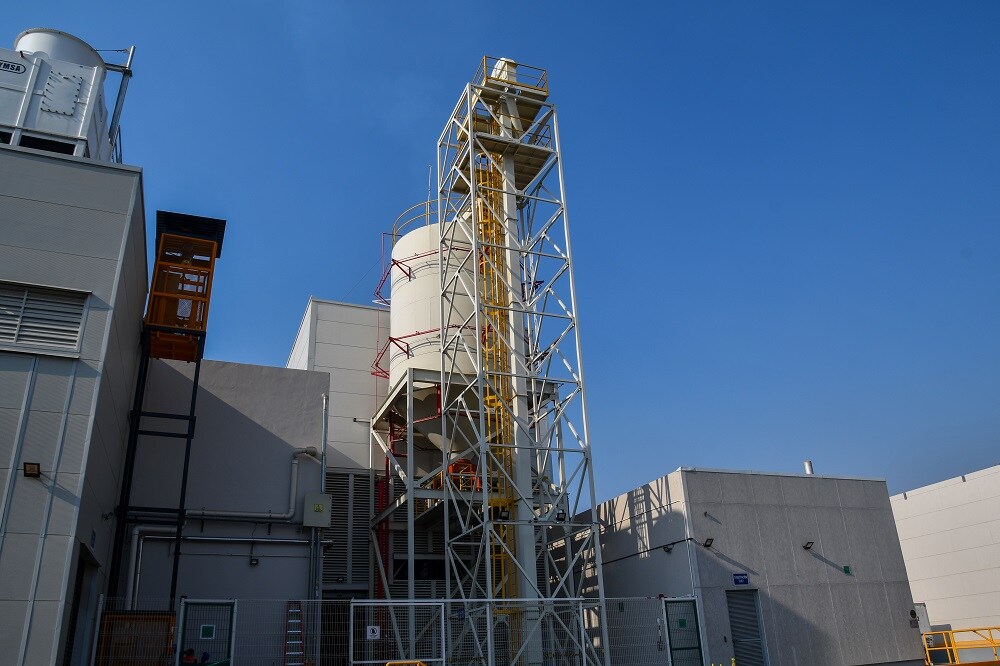
Compensate: For the emissions that cannot yet be reduced or avoided, PMM purchases International Renewable Energy Certificates. As reductions from efficiency and switching increase, reliance on these will decrease over time.
Extending beyond the factory and into our operations in the Mexican market, PMM has focused on decarbonizing direct distribution.
For example, since 2021, the share of primary distribution handled by rail has grown from 11 percent to 65 percent, with a target of 75 percent for 2025. This is important because, on average, rail transport is about three to four times more fuel-efficient than trucks. Because of this, PMM has been able to cut annual CO₂ emissions from 14,000 tons to 5,000 tons over four years in its fleet.
The change required rebalancing inventory and adjusting lead times across 16 distribution centers in order to absorb longer delivery schedules. It also helped us in forging a stronger partnership with our key supplier, Mexico’s national rail provider. Through the project, the team demonstrated that service quality for market distribution could be maintained—even improved—under the new rail model.
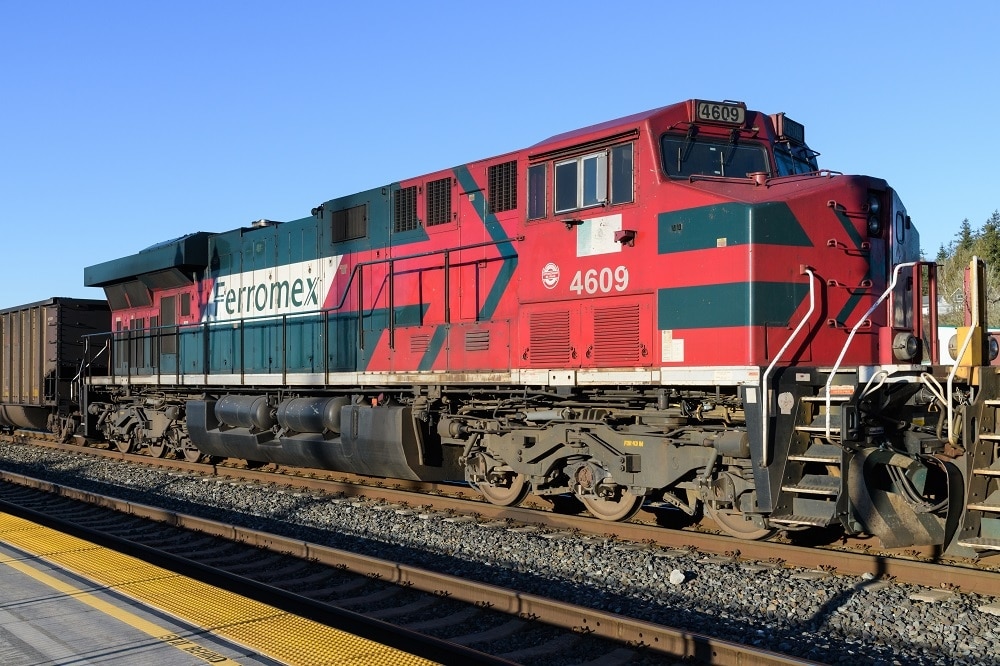
“We reimagined the entire distribution model,” explained Joaquin Rodriguez, Sr Manager, Logistics & Distribution, PMM. “By shifting to rail and optimizing how we move goods, we cut emissions while actually improving service reliability. It’s proof that with the right mindset, sustainability and operational excellence can go hand in hand.”
What’s next: Electric, efficient, and fully aligned
PMM’s next chapter in decarbonization focuses on reducing the amount of energy wasted during the production/manufacturing processes. With real-time visibility through GEMT (Global Energy Monitoring and Targeting), teams are empowered to embed energy-conscious behavior into daily operations.
On the renewables front, PMM is working to expand its solar footprint beyond the main site by developing off-site solar installations that could supply the factory through the national grid—a move that could unlock greater renewable energy access.
Building on its logistics success, PMM is also piloting hybrid and electric vehicles for last-mile delivery in urban centers like Guadalajara, Monterrey, and Mexico City. With vehicle ranges improving and infrastructure expanding, the team expects to cut an additional 70 tons of CO₂ annually through gradual fleet replacement.
In addition, PMM is exploring the development of rail spurs that would allow goods to move directly from first arrival warehouse in Guadalajara to distribution centers in Mexico city
Across manufacturing and distribution, every decision reflects a broader shift in how PMM sees its role in sustainability: Not as a separate function, but as a core part of how it thinks, operates, and leads.

